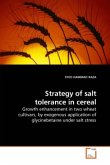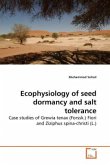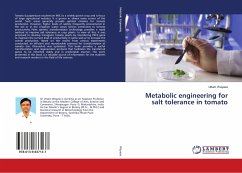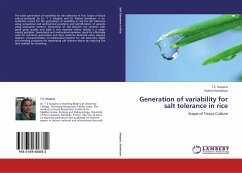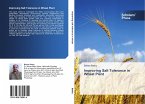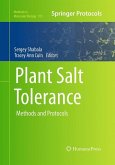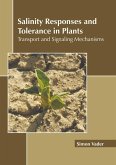Soil salinity is an increasing threat and major constraint which limits agricultural productivity worldwide and is also common in most of the cultivated and rrigated areas of the world. Reduction in crop productivity in such areas is ascribed to its effect on diverse physiological, biochemical & heritable processes. Although considerable progress in understanding of individual physiological and biochemical phenomena and genes involved in plant response to salinity stress has been made over the past few years, a better integration of processes operating at the cellular and molecular levels with whole plant responses is still needed. Of the many physiological and biochemical indicators, osmotic adjustment by accumulation of compatible osmolytes,biosynthesis of antioxidative enzymes and identification of genes involved in ion channels and transporters have recently gained ground and found to be fruitful in engineering of crop plants to improve salt stress tolerance. Therefore,this review paper focus's on assessing physiological, biochemical and heritable traits that account for salt tolerance and discuss their significance and application in crop improvement.
Bitte wählen Sie Ihr Anliegen aus.
Rechnungen
Retourenschein anfordern
Bestellstatus
Storno


